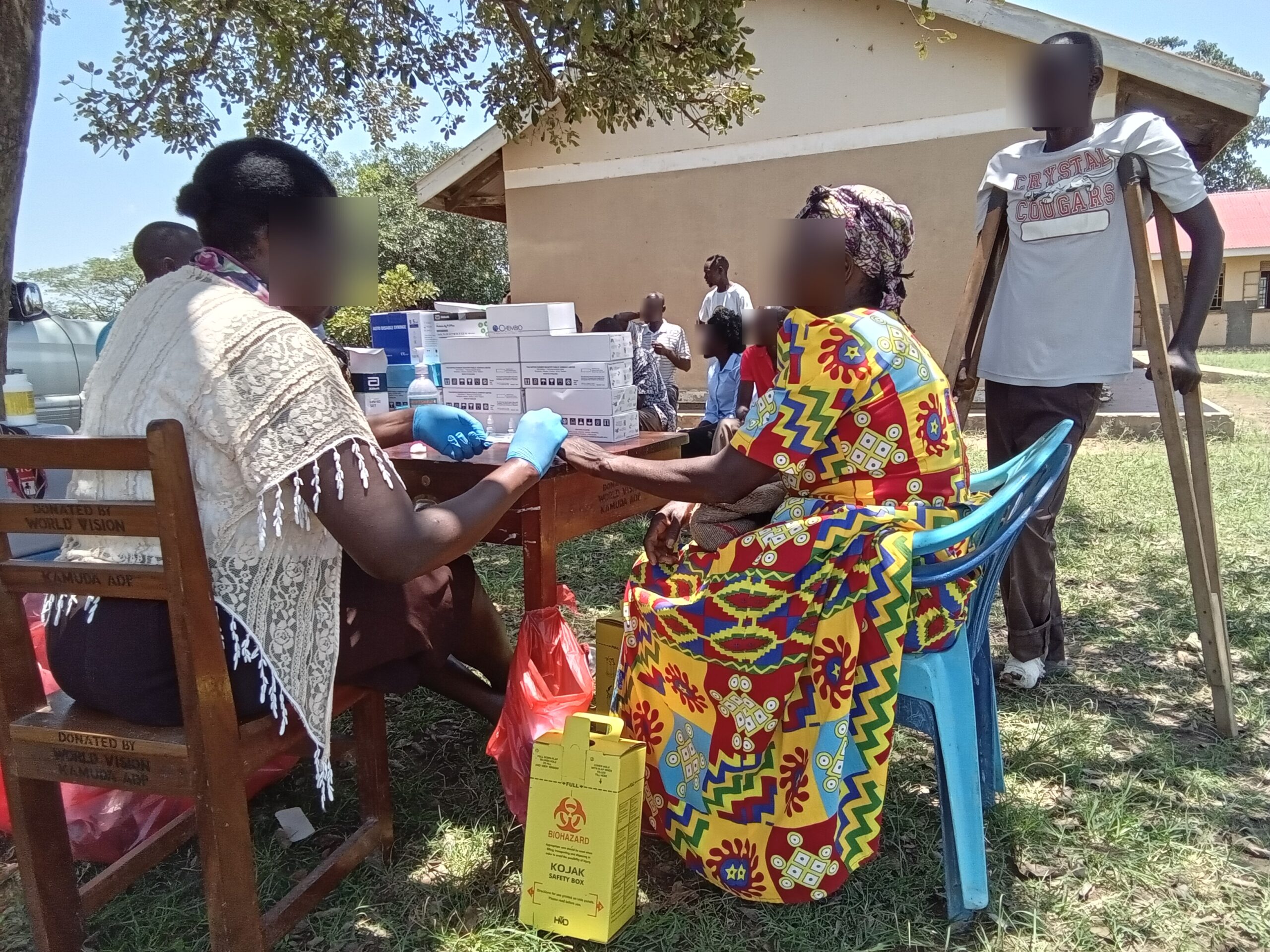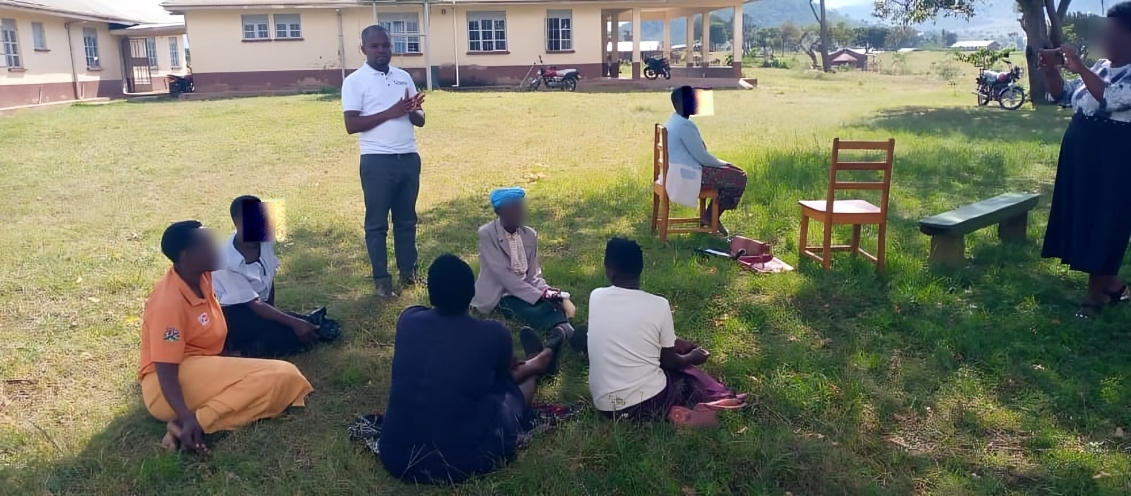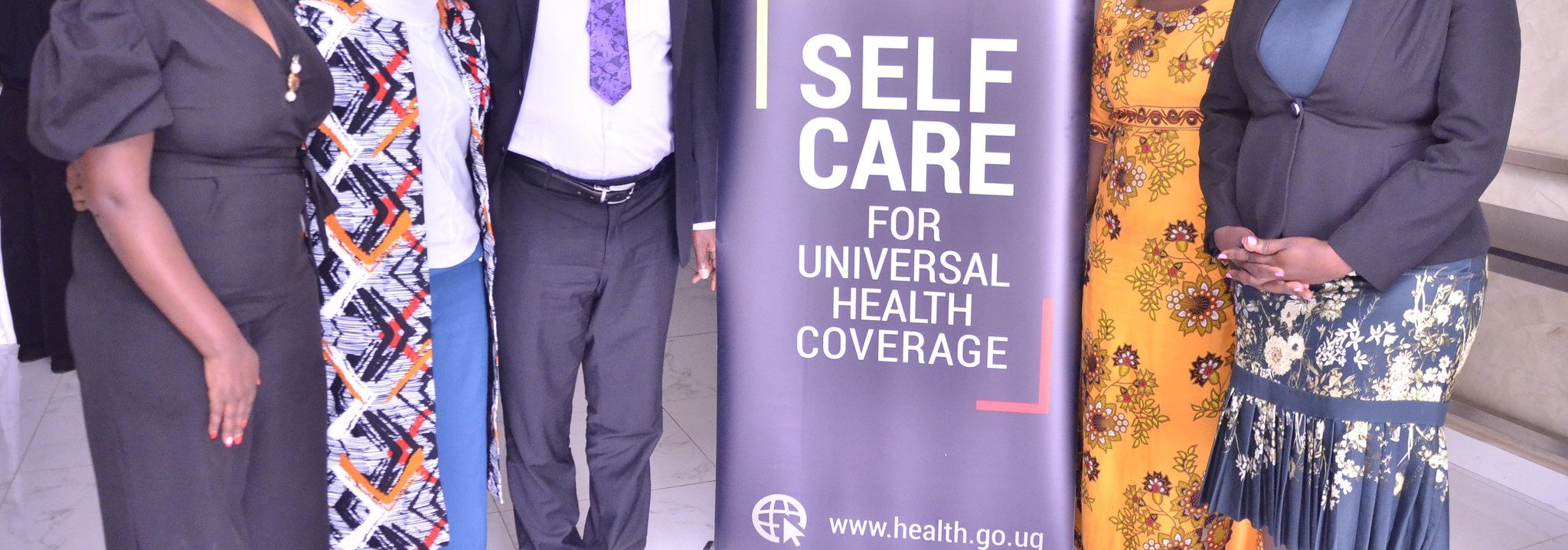– Prepared by Jemimmah Adipa | CEHURD
In the quest for universal health coverage, addressing the distinct health needs of vulnerable and underserved populations remains essential. In Uganda, groups such as fisherfolk, truck drivers, and persons with disabilities (PWDs) face significant health challenges, particularly related to HIV, tuberculosis (TB), and malaria. These communities often experience barriers to accessing vital health services due to their mobility, geographical isolation, social stigma, and limited awareness.
Recognizing these challenges, CEHURD with support from The AIDS Support Organization (TASO-Ugnda), spearheaded a series of targeted hotspot mapping and community outreach initiatives across six districts—Kaberamaido, Soroti, Serere, Dokolo, Apac, and Amolatar. These efforts aimed to bring much-needed health services directly to these vulnerable populations.
A central element of the initiative was hotspot mapping, supported by local health facilities and community leaders. This strategy was crucial to ensuring that health services reached the right people at the right time. For mobile populations like fisherfolk and truck drivers, traditional, fixed-location health services often fall short of meeting their needs. By identifying high-risk areas—such as landing sites, truck stopovers, and PWD communities—the outreach teams could focus on the locations most in need. This data-driven, targeted approach helped maximize the impact of limited resources.
The outreach activities had a profound effect on the vulnerable populations in these districts. Hundreds of fisherfolk, truck drivers, PWDs, and others received integrated health services, including HIV testing, TB screening, malaria diagnosis, antenatal care (ANC), and health education. Those who tested positive for HIV were quickly linked to care, while individuals diagnosed with TB or malaria received immediate treatment or were referred to local health facilities. Additional services, such as family planning, immunizations, and STI screenings, were also integrated into the outreach depending on community needs and the availability of resources at health centers.
These outreach efforts not only improved health outcomes but also increased access to essential services and raised health awareness among these vulnerable communities. However, the long-term success of this initiative hinges on the sustainability of such efforts. Regular outreaches will be critical to ensuring that key populations—like fisherfolk, truck drivers, and PWDs—continue to receive the care they need.
Sustaining these efforts will require ongoing investment to ensure services remain responsive to the evolving needs of these communities. Effective collaboration between government health systems, local health facilities, and community-based organizations will be essential to streamlining service delivery and ensuring that resources are allocated efficiently and effectively.
One of the standout successes of these outreach initiatives was the integration of various health services using the test and treat approach, offering HIV, TB, malaria, family planning, antenatal care, sexual and reproductive health (SRH), and immunization as a single package. This holistic approach maximized service uptake, addressed multiple health needs simultaneously, and strengthened the relationship between communities and formal healthcare systems. This is a vital step toward reducing the burden of disease and achieving universal health coverage.
The writer is a Community Led Monitoring Officer in the Community Empowerment programme at CEHURD





